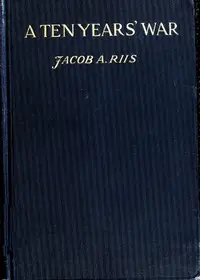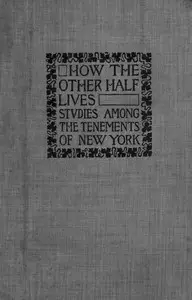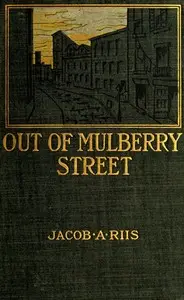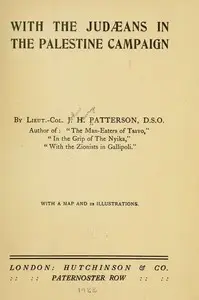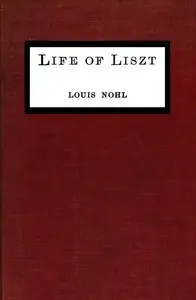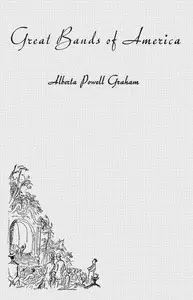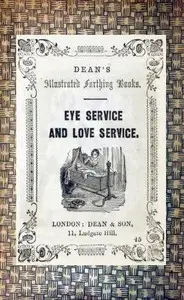"The Peril and the Preservation of the Home" by Jacob A. Riis is a series of lectures on social issues written in the early 20th century. This work focuses on the vital role of the American home within society and advocates for its preservation amidst growing urbanization and social challenges. Riis discusses the implications of failing to tend to the home ideal, linking it to the broader health of the Republic and the moral fabric of its citizens. The opening of the book sets the stage for Riis’ argument by addressing the historic neglect of home and housing conditions, particularly in major cities. He reflects on the implications of these conditions, such as the rise of crime and moral decay linked to the degradation of family life. Riis emphasizes that the solution lies in restoring the sanctity and functionality of the home, which he believes is crucial for cultivating responsible citizenship and addressing larger societal issues. He draws upon personal experiences and observations, painting a vivid picture of the struggles faced by families in tenements and the urgent need for reform and belief in a greater cause, thus framing the lectures as both a call to action and a moral imperative. (This is an automatically generated summary.)
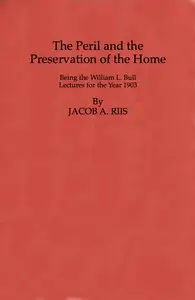
The Peril and the Preservation of the Home Being the William L. Bull Lectures for the Year 1903
By Jacob A. (Jacob August) Riis
"The Peril and the Preservation of the Home" by Jacob A. Riis is a series of lectures on social issues written in the early 20th century. This work fo...
Jacob August Riis was a Danish-American social reformer, "muck-raking" journalist, and social documentary photographer. He contributed significantly to the cause of urban reform in the United States of America at the turn of the twentieth century. He is known for using his photographic and journalistic talents to help the impoverished in New York City; those impoverished New Yorkers were the subject of most of his prolific writings and photography. He endorsed the implementation of "model tenements" in New York with the help of humanitarian Lawrence Veiller. He was an early proponent of the newly practicable casual photography and one of the first to adopt photographic flash. While living in New York, Riis experienced poverty and became a police reporter writing about the quality of life in the slums. He attempted to alleviate the poor living conditions of poor people by exposing these conditions to the middle and upper classes.



